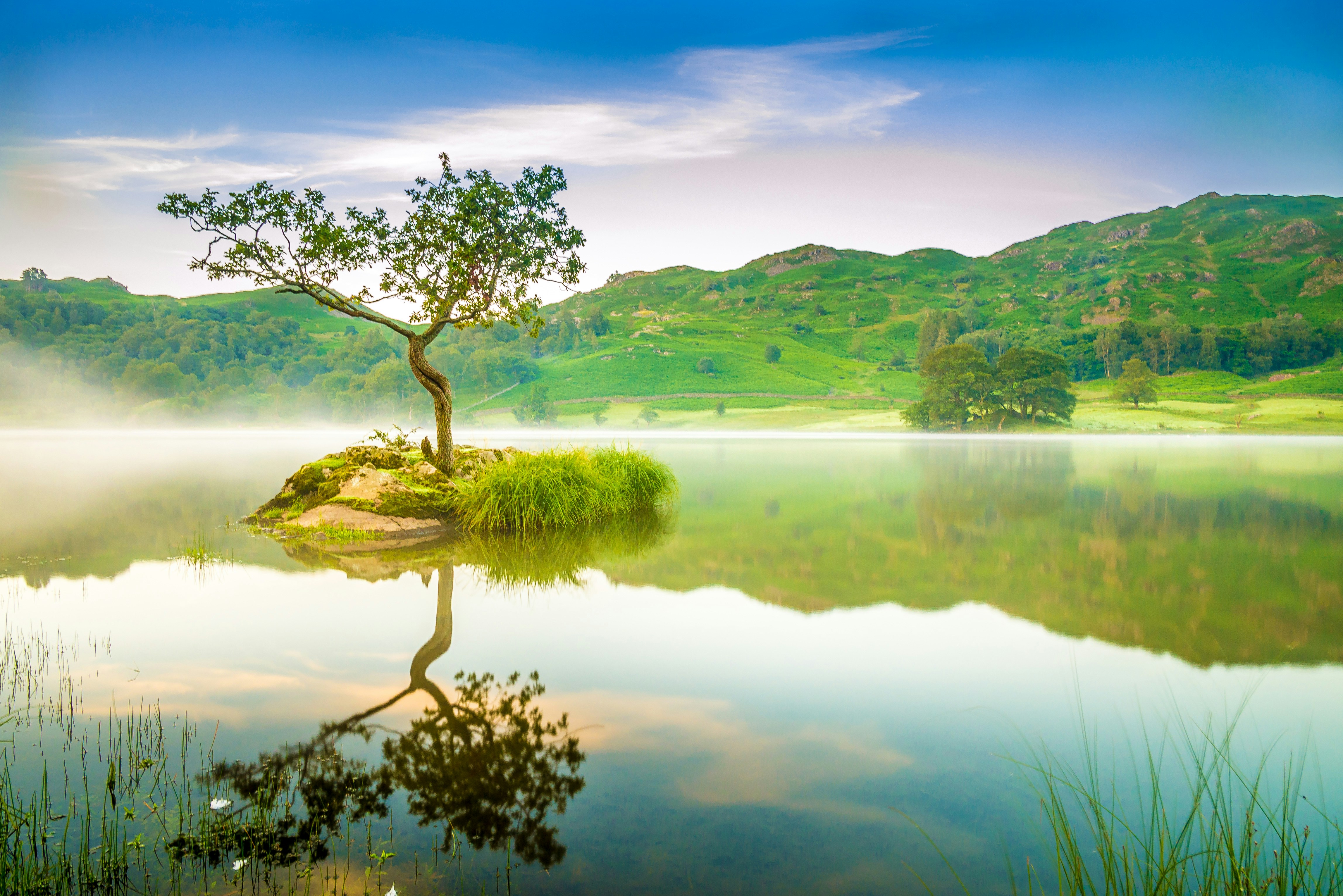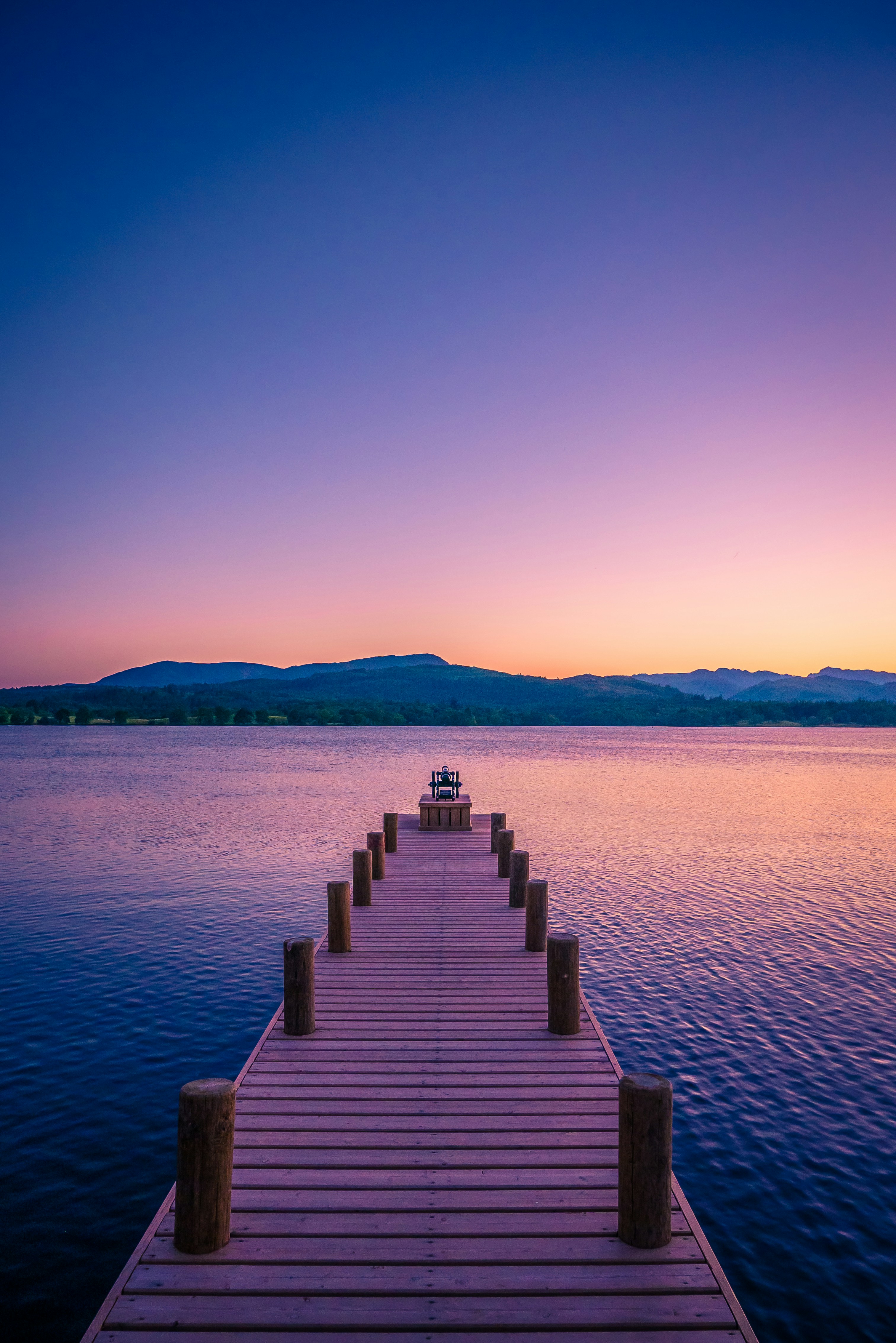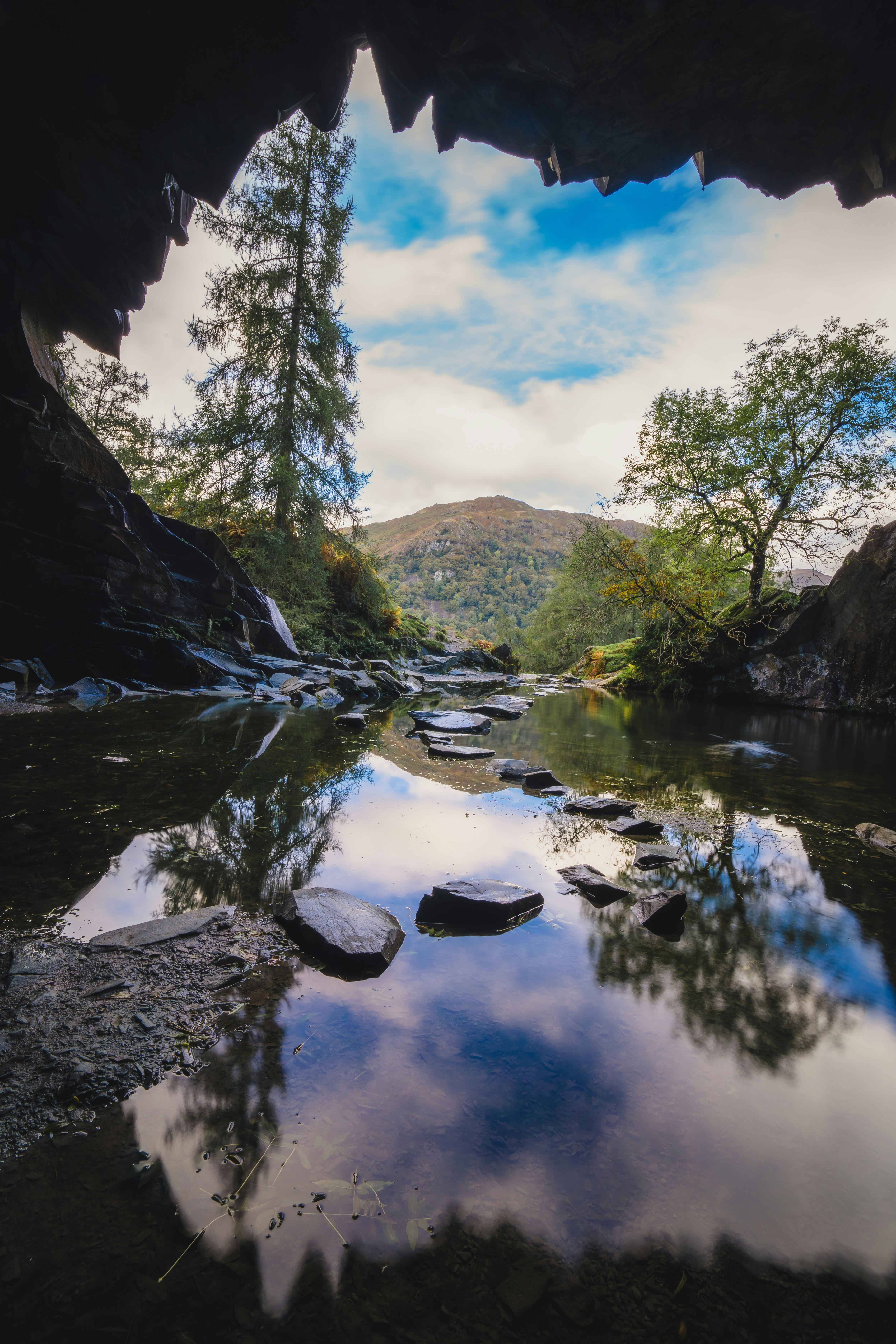
Euro-CSDMS workshop
What does the next generation of environmental models look like?
28-31 October 2024
Rydal Hall, Lake District, UK

It's a wrap! Thanks everyone for an engaging and inspiring week. It will take us a while to bring together outputs from the workshop, but when we do, we will post anything here:
- Blog post about the workshop
- New CSDMS Forum - created as an initiative from the workshop
Overview
Join us in the beautiful English Lake District, a UNESCO World Heritage site, for a four day immersive retreat envisioning the future models of the natural world.
Environmental models and software are essential tools for understanding the complex interactions of the natural world. They empower us to foresee potential futures, unravel intricate trends and expand our scientific knowledge, ensuring we make informed decisions for a sustainable future. To achieve accurate, efficient, collaborative and integrative insights that offer a holistic understanding, it is imperative that our models and software keep pace with both scientific and technological advances. But often, our models follow programming paradigms and technological setups that have persisted for decades. This not only challenges their effectiveness in generating cutting-edge predictions of the natural world, but also presents an exciting opportunity for innovation - to wipe the slate clean and boldly reimagine, from the ground up, "what should the next generation of environmental models look like?"
This question forms the backdrop to our retreat. Set in the English Lake District over four days, it will encompass a variety of seminars, educational activities and interactive sessions, all focussing on the latest advances in software tools enabling predictions of the natural world. Throughout the workshop, we will attempt to directly tackle our question, outlining not just what the next generation of environmental models look like, but the roadmap to enable us to achieve this vision.
Transdisciplinary collaboration will be crucial to realise this vision, and as such, anyone involved in making predictions of the natural world is encouraged to attend - from geologists to climatologists, from data scientists to process-based modellers, and from research software engineers to domain specialists. Cross-sectoral representation is a key element to this, and we welcome stakeholders from all sectors, including academia, industry, non-governmental organisations, consultancies and government.

Topics
During the event, we will reflect on important topics including, but not limited to:
- Digital twins and modelling as a learning process, including the need for stronger integration between process-based models, data science methods and observation data
- Integrated modelling platforms and software tools to help model coupling
- Underpinning software engineering and architecture, including microservice architectures and models as a service
- Scalability, performance optimisation and cloud-based opportunities: How next-generation models will tackle growing data and computational demands
- Collaborative platforms for model and software development
- The role of citizen science data in next-generation models
- The importance of FAIR research software and data
- Environmental sustainability of computing
- Ethical considerations in environmental modelling (bias, fairness, accessibility, etc)
- The impact of AI on modelling paradigms
This list of topics is open to contributions, and we encourage participants to let us know what they would like to see discussed.
Join the waiting listWho are the organisers and funders?

Get in touch
Sam Harrison is the main organiser, who can be contacted at sharrison@ceh.ac.uk.
Join the waiting listHeader image created with Microsoft Designer. Other images courtesy of Unsplash.


